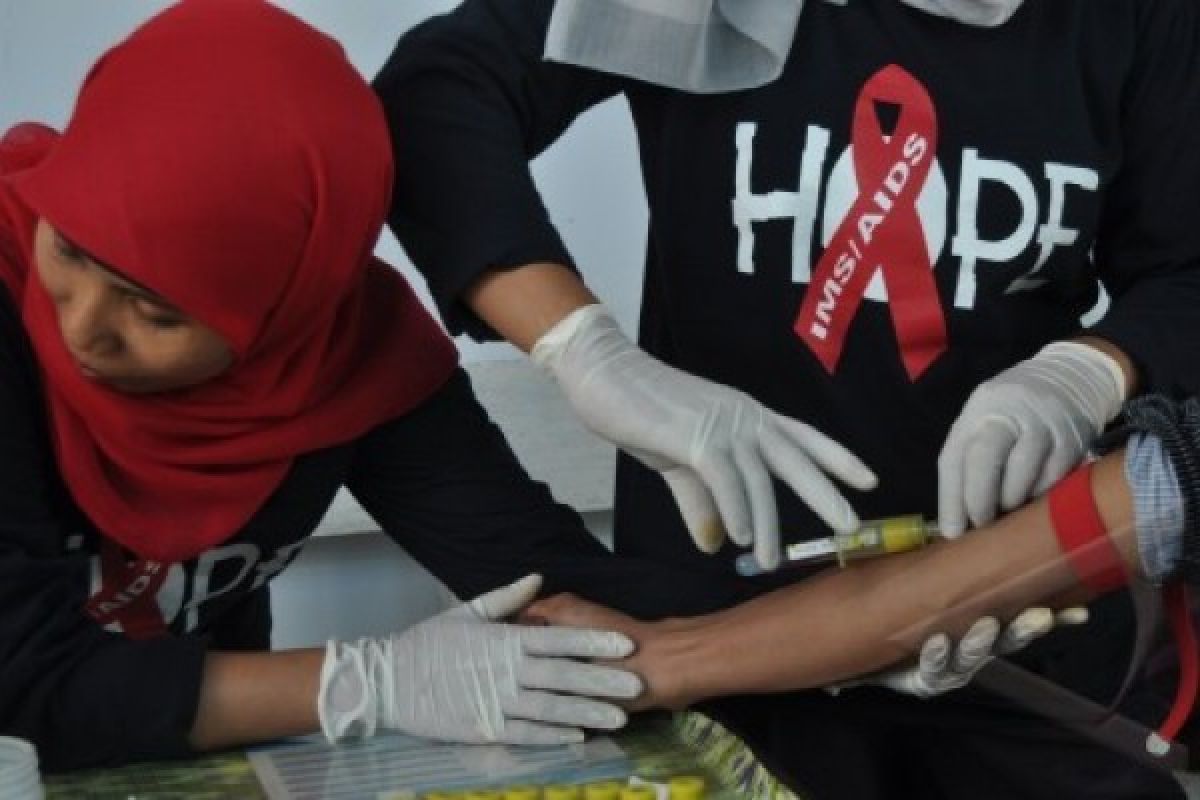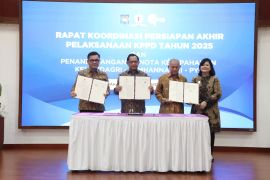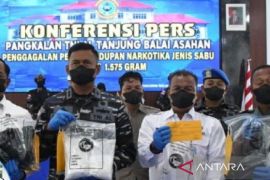"People living with HIV/AIDS are included in government programs, so we supply all the drugs, and those who do not have BPJS Kesehatan can still access them," said Imran Pambudi, the ministry's Director of Prevention and Control of Infectious Diseases.
However, he acknowledged that some individuals with HIV/AIDS may choose to avoid using BPJS Kesehatan due to concerns about privacy.
The need for privacy and the fear of community stigma remain significant factors driving individuals with HIV/AIDS to seek treatment at private health institutions.
He emphasized the need to take two steps to ensure that patients with HIV/AIDS do not stop taking drugs.
The first measure is to expand access for people with HIV/AIDS to treatment and increase care, support, and treatment services (PDP), so that they can access antiretroviral therapy (ARV) to control HIV infection.
The second necessary step is to strengthen the role of the community, as those who can reach out to people with HIV/AIDS are community friends, given the limitations of existing health workers, especially in remote areas.
"Not only HIV, but all these diseases cannot be (handled) by the Ministry of Health alone. We will certainly involve other sectors. We will continue to coordinate with other ministries and institutions," Pambudi stated.
The Ministry of Health reported that HIV testing coverage for 7,197,512 individuals in populations at risk of HIV infection, including pregnant women, tuberculosis patients, correctional inmates, sexually transmitted infection patients, men who have sex with men, women sex workers, and injection drug users among pensioners.
"What we need to do is determine how all parties can ensure accountability from local governments because it must be done," Pambudi said.
He suggested that addressing HIV/AIDS could be included in the minimum service standards (SPM) for regional heads.
"This could serve as a reminder to regional heads that they have a responsibility to address HIV/AIDS in their respective regions, and they must be held accountable," he concluded.
Related news: Jakarta monkeypox cases mostly HIV positive: Official
Related news: Jakarta expands viral tests to reduce spread of HIV/AIDS
Translator: Lintang, Alita, Azis Kurmala
Editor: Anton Santoso
Copyright © ANTARA 2023












